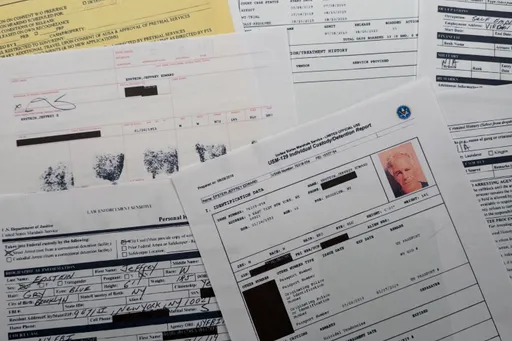Artificial intelligence (AI) has been used for decades now to augment human intelligence and prowess. In a recent article, the BBC questions whether it can replace humans in creative endeavours such as copywriting, and comes up with a collaborative solution.
A carphone company was seeking a catchphrase for a Black Friday sale, and all the options human copywriters were coming up with contained the words ‘Black Friday.’ Stepping in to save the day was a software company whose technology ran through thousands of options and came up with “The Time is Now.”
Phrasee is the brainchild of Parry Malm, a Canadian living in the UK. Malm, who works in marketing, was frustrated that technology to boost human creativity didn’t already exist, and set out to create the software in 2015.
Saul Lopes, head of customer marketing at Dixons Carphone, assures the BBC that copywriters will not be replaced by AI any time soon, but that we will see more of the human-AI collaboration in the future. "Combining creative people with AI is the next step for the agencies. It's not AI versus the human, it generates creative thought," he says.
On the other hand, there are people such as Larry Collins, a toll booth operator in San Francisco who lost his job during the pandemic, to an automated vehicle pass system established to minimise human contact.
According to Time, who reported on Collins in August 2020, who is a Black low-wage worker, jobs are disappearing when AI is replacing the human touch. “Even before the pandemic, the global consulting company [McKinsey] estimated that automation could displace 132,000 Black workers in the US by 2030,” Alana Semuels writes in Time.
Yet white collar jobs and jobs that require human input are less at risk of disappearing, according to Iain Brown writing for Engineering & Technology. Noting that “we’re already letting the machines take over,” Brown says workers need not fear losing their jobs to AI: “even in an AI-driven future, humans will remain a valuable commodity worth investing in. They will continue to deliver value that machines do not.”
Brown talks of the limitations of AI, noting that “Despite the hype, most AIs are designed to be very good at solving a specific problem under very particular parameters. Introduce a variable and the system breaks down or a new model needs to be created.”
An article published in the July-August 2018 issue of the Harvard Business Review also seems to back this view: Authors H James Wilson and Paul R Daugherty write that “While AI will radically alter how work gets done and who does it, the technology’s larger impact will be in complementing and augmenting human capabilities, not replacing them.”
Wilson and Daugherty point out that “Smart machines are helping humans expand their abilities in three ways. They can amplify our cognitive strengths; interact with customers and employees to free us for higher-level tasks; and embody human skills to extend our physical capabilities.”
The BBC’s example of AI helping write marketing copy is an example of amplification of our cognitive strengths. The BBC’s Michael Dempsey interviews the head of the behavioural science practice run by its vice-chairman and veteran copywriter Rory Sutherland for the article.
"AI can't hurt if it generates interesting suggestions," Mr Sutherland admits, "but it's like satnav [satellite navigation] in a car. Great for directions but you don't allow it to drive the car!"
Sutherland tells Dempsey that he doesn’t see AI taking over in creative industries, and if it were to do so, some vital human element would be lost. "As a stimulus, suggesting ideas, it has a great future. As a source of judgement it's dubious."























